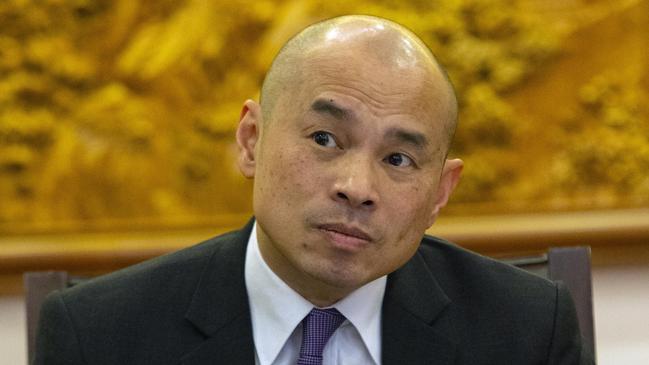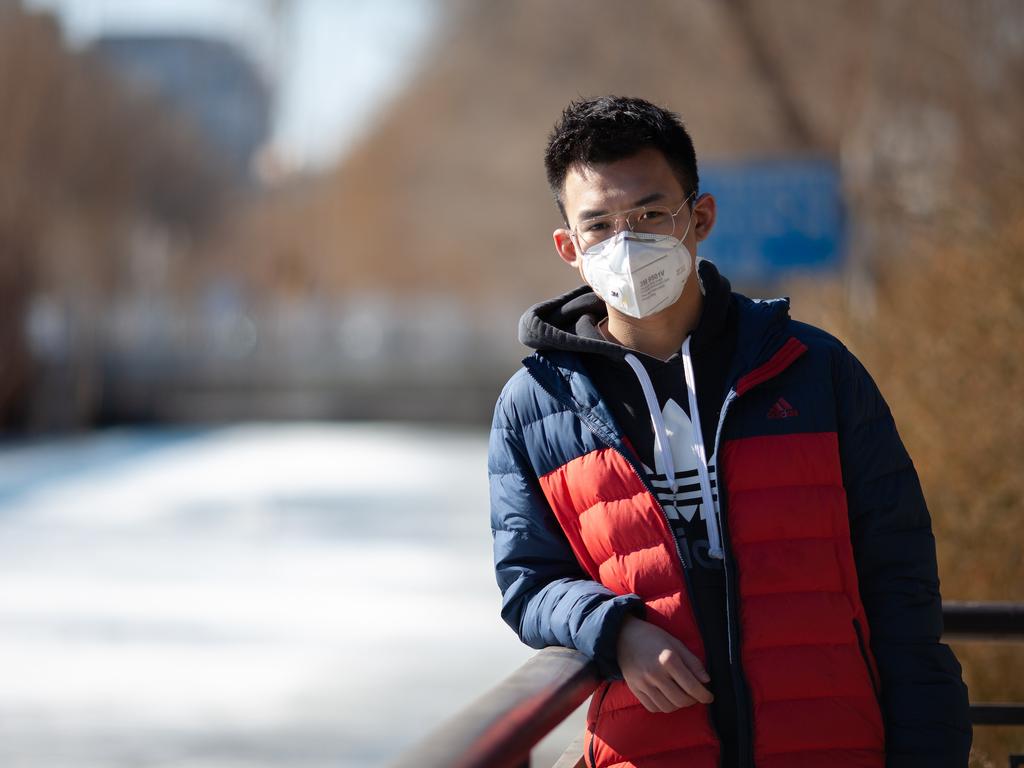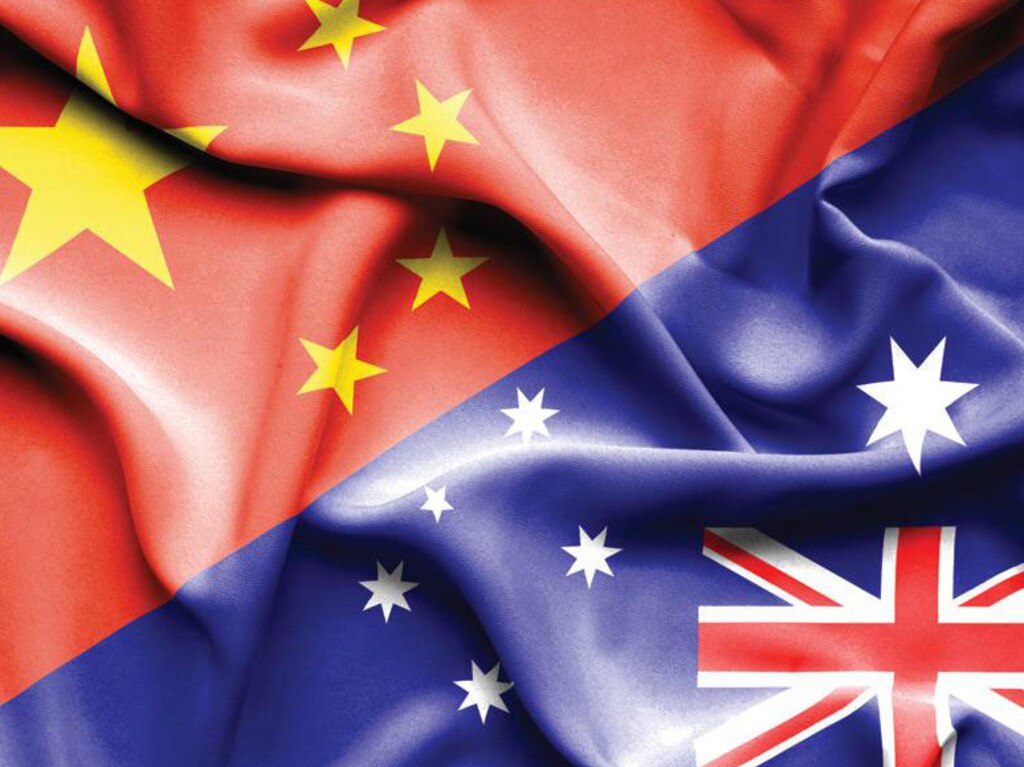Coronavirus: Detention of students sparks China backlash
China has criticised Australia’s treatment of its students caught up in the coronavirus travel ban.

China has criticised Australia’s treatment of its students caught up in the coronavirus travel ban, calling for the reinstatement of cancelled visas and compensation for those affected.
China’s deputy ambassador to Australia, Wang Xining, said Beijing was “not happy” with the detention of 74 Chinese students by Border Force personnel at Australian airports on Sunday, as revealed by The Australian .
“We hope their rights and interests will be safeguarded, including proper extension of visas if the validity is over,” he said. “And also maybe proper compensation for some of the financial losses during this period.”
Mr Wang also called for a “proper solution” to be found for Chinese students enrolled to study in Australia who were unable to get into the country due to the Morrison government’s ban on people arriving from China.
“We are very concerned about the interests of the Chinese students who will not be able to come to Australia over the next 12 days,” he said.
More than 106,600 Chinese students — 56 per cent of those enrolled in courses this semester — are unable to enter Australia due to the travel ban. This includes nearly 98,000 tertiary students, about 4050 secondary students, and 2670 TAFE students.
Education Minister Dan Tehan defended the treatment of the Chinese students who were in transit when the travel ban was announced on Saturday, saying Border Force officials had placed an “absolute priority” on safety.
“The execution was done in a way to keep the Australian public safe,” he told the ABC.
“These were incredibly difficult circumstances that the government needed to work through. They are extraordinarily unusual circumstances.”
Mr Tehan, who met with the board of Universities Australia on Monday night, said arrangements were being put in place to ensure “maximum flexibility” for students blocked from entering the country. “We’re doing everything we can to ensure they can either study online or study remotely,” he said.
Four Chinese students remained in detention in a Brisbane hotel on Tuesday as Home Affairs worked to reinstate visas cancelled by Australian Border Force personnel. Another Chinese student who arrived in Brisbane on Sunday opted to fly home.
It is understood 69 Chinese student visa holders were stopped in Sydney, with 10 having their visas cancelled. Those visas were later reinstated and the students released. Home Affairs said the visas of several students were cancelled “as they were assessed to be ineligible to enter Australia under Australia’s enhanced border control measures”.
The Australian Border Force Commissioner subsequently used his discretionary powers to clear the students to enter the country.
“For most people, this occurred at the airport. Others were placed in an alternative place of detention — serviced apartments — while their case was assessed,” Home Affairs said. “All of these individuals undertook health screening and were counselled to self-isolate for a period of 14 days, in the same way as others who are exempt from the enhanced border control measures.”
Universities fear the travel ban will impose a massive cost on educational institutions, which enrolled more than 250,000 students from China last year.
Australian National University higher education researcher Andrew Norton said universities stood to lose up to $2bn in tuition fees if the students still overseas were forced to defer their first semester of studies. “If we assume average first-semester fees of $18,000 — conservative but taking into account that some Chinese students go to cheaper universities — that would translate into nearly $1.8bn of fee revenue at stake. If the average is $20,000 we are looking at nearly $2bn,” he said.







To join the conversation, please log in. Don't have an account? Register
Join the conversation, you are commenting as Logout